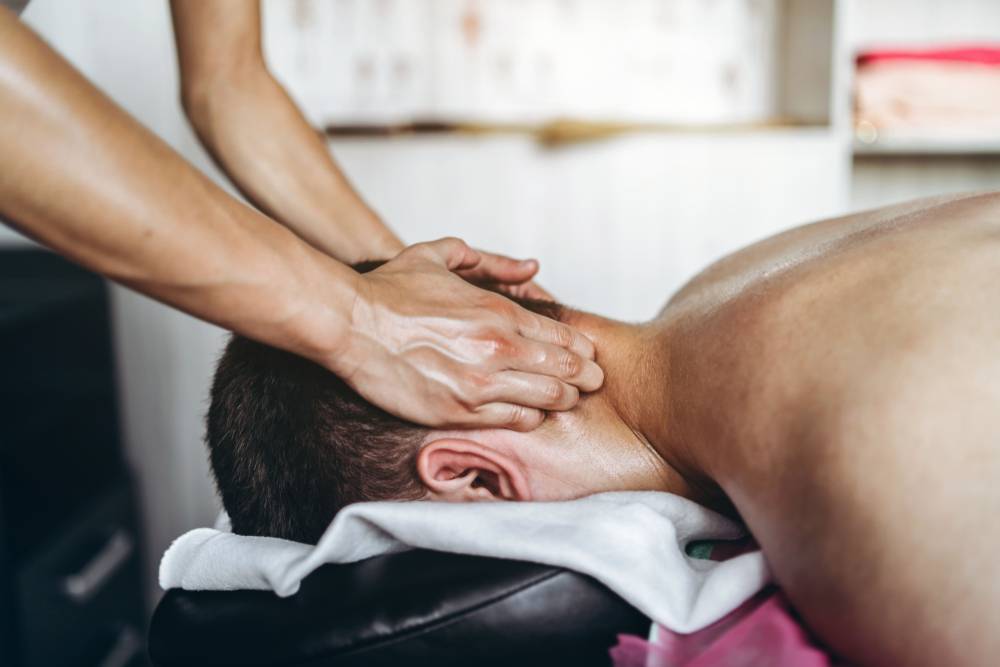A 27-year-old man felt lightheaded in Shanghai, China, after getting a bath and neck massage.
It was reported that the massage caused a cerebral infarction that led to the man’s death.
The man who went to the bathhouse along with his colleagues specifically asked for his neck and shoulders to be massaged as he complained they felt sore. He then took a shower which led to him feeling dizzy and eventually collapsing.
Autopsy reports showed that the man’s neck was dislocated due to the massage leading to cerebral infarction.
According to a neurosurgeon, while many find getting neck and shoulder massages a relief to pain, one should always take extra caution. The neck is composed of various blood vessels and nerves making it a fragile area. Improper massages can also possibly lead to paralysis.
Dr Eman Areola, MD, stated that when the carotid baroreceptors of the neck are hit, the body would think that the impact is high blood pressure and would try and lower the blood pressure possibly causing hypotensive shock.
Neck massages can also cause a stroke. Damage in the cervical artery can lead to dissection – damage inside the blood vessel, causing a stroke.
What is a Cerebral Infarction?
Cerebral Infarction also called Ischemic Stroke happens when the blood in the arterial wall dissects into the arterial lumen and embolizes intracranially.
There are four categories of Cerebral Infarction according to The Oxford Community Stroke Project classification:
- Total Anterior Circulation Infarct (TACI)
- Partial Anterior Circulation Infarct (PACI)
- Lacunar Infarct (LACI)
- Posterior Circulation Infarct (POCI)
These classifications help with the prediction of the cause of stroke, the degree of damage, the affected areas in the brain and the possible outcome of the patient.
A system named TOAST or Trial of Org 10172 in Acute Stroke Treatment classification, on the other hand, classifies stroke according to other investigations and clinical symptoms.
- Embolism or thrombosis due to atherosclerosis of a large artery
- Embolism originating in the heart
- Occlusion of a small blood vessel
- Other identified cause
- Other undetermined cause
When someone experiences a stroke a combination of treatments and medicines are given in order to prevent it from happening again. Some medications are to be taken immediately for a short amount of time while others are for the long term after the stroke has been treated.

